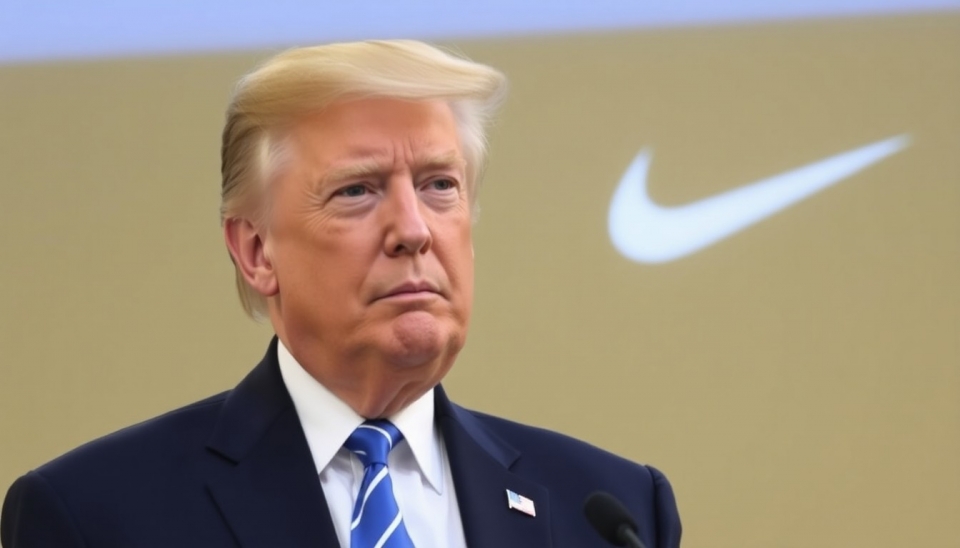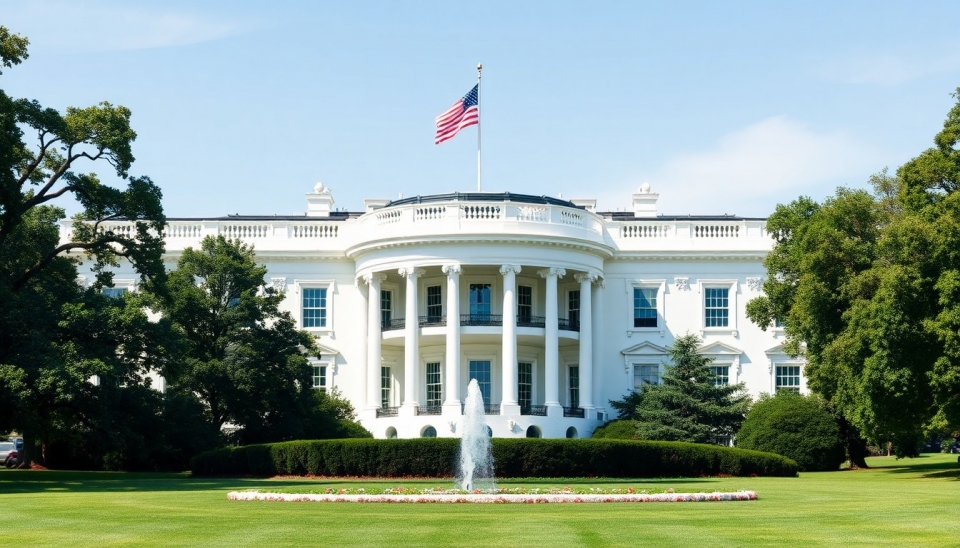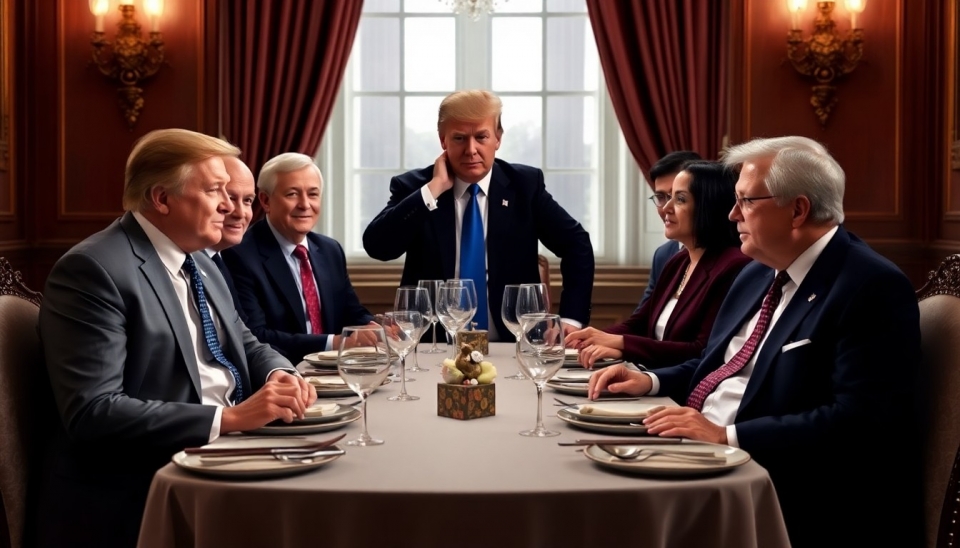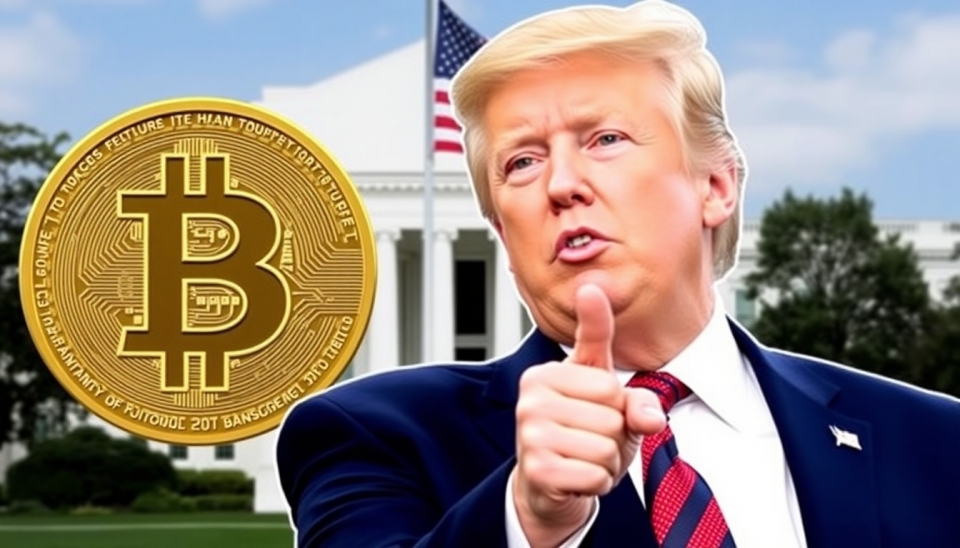
In a significant escalation of trade tensions, former President Donald Trump is ramping up efforts to target China, and major corporations such as Samsung and Nike may find themselves facing severe repercussions as collateral damage. Trump's renewed focus on China comes amid an ongoing contention regarding intellectual property theft, technological dominance, and what he perceives as unfair trade practices. This situation has sent ripples through global markets and has sparked concern among major multinational corporations.
As tensions between the U.S. and China heat up, Trump has openly criticized various companies for their ties to China. His statements have been a part of a broader agenda to curb the economic influence of China on the global stage. Companies like Samsung, a tech giant with deep operational ties in China, are at risk of becoming targets amid fluctuating relations between two of the world's largest economies.
Consumer goods companies, particularly those reliant on China for manufacturing and distribution, stand to be adversely impacted by Trump's renewed declarations. Nike, which operates a significant portion of its production within China, is another noteworthy example. The company's strategies may need to pivot rapidly in response to changing geopolitical landscapes and potential tariffs or restrictions that could arise from Trump's policies.
Market analysts are now voicing their concerns regarding possible long-term repercussions for these companies and the broader economy. The risks do not simply lie in immediate financial ramifications; there is potential for a more profound impact on brand loyalty and consumer perceptions. As American consumers become increasingly aware of the implications of their purchasing decisions, brands that rely heavily on China could face negative backlash.
Moreover, the growing debate over sustainability and ethical production methods adds layering complexity to this situation. Many consumers are beginning to prioritize brands that take a proactive stance in aligning with their personal values, and if Schwartz’s administration advocates for stricter regulations on companies operating in China, brands will need to adapt their practices to maintain consumer trust.
As the world watches the unfolding narrative, it remains uncertain how the outcome of these tensions will shape the future business climate for companies operating on a global scale. Multinational corporations are left to navigate a delicate balance between innovation, ethical production, and geopolitical dynamics—all while striving to meet the ever-evolving demands of global consumers.
This evolving situation emphasizes the interconnectedness of global trade and the complexities that arise from political motivations. As Trump continues to push his agenda against China, it is likely that the repercussions will extend beyond immediate financial concerns and could redefine how companies like Samsung and Nike operate in a global market.
In conclusion, as companies prepare for potential fallout from Trump's aggressive China policies, they must not only safeguard their financial interests but also consider the broader implications for their brand image and operational strategies moving forward. The stakes have never been higher as these corporate giants tread carefully through the ever-turbulent waters of international relations and market dynamics.
#Trump #China #Samsung #Nike #TradeWar #GlobalEconomy #Manufacturing #ConsumerGoods #BrandImpact #Geopolitics
Author: Liam Carter




